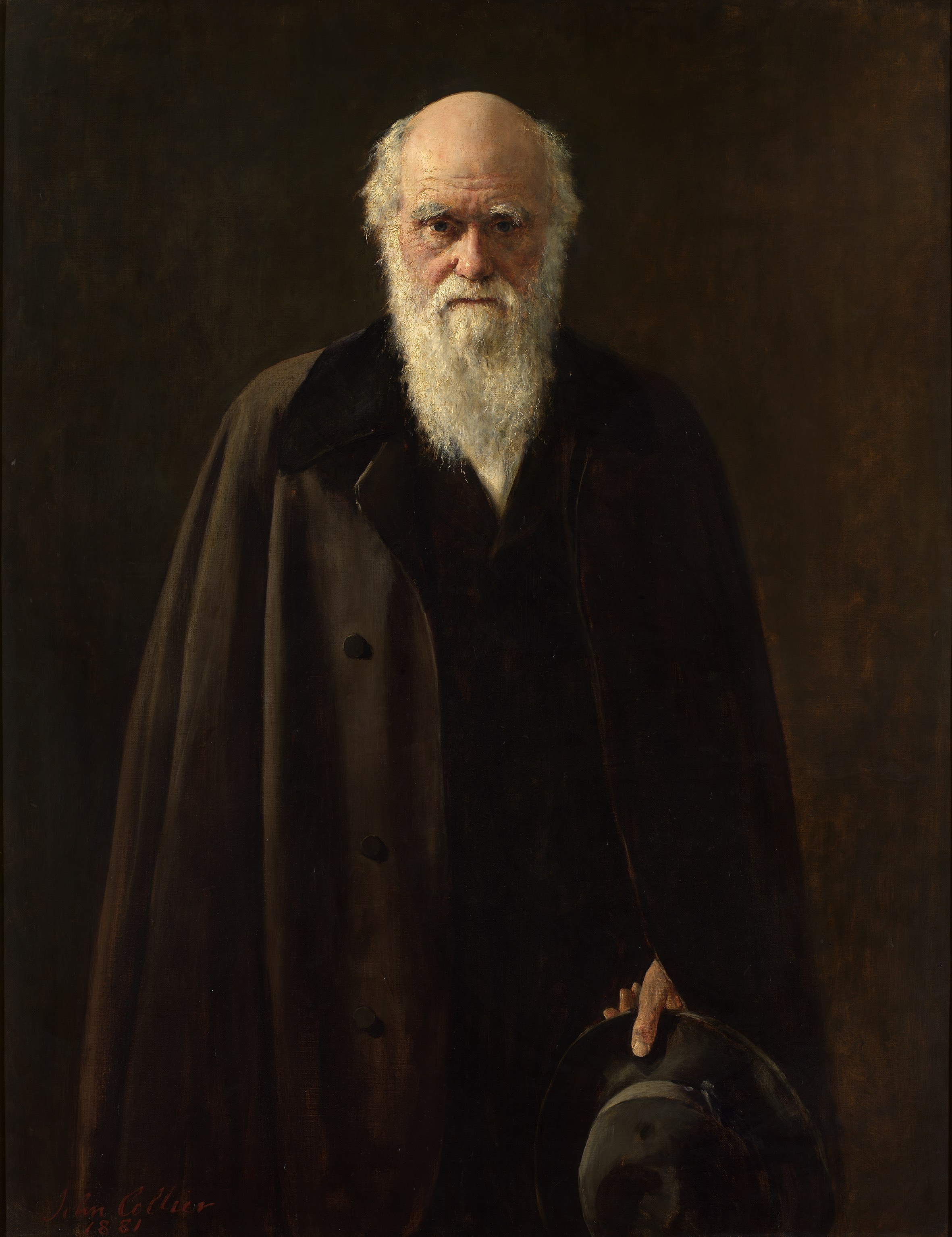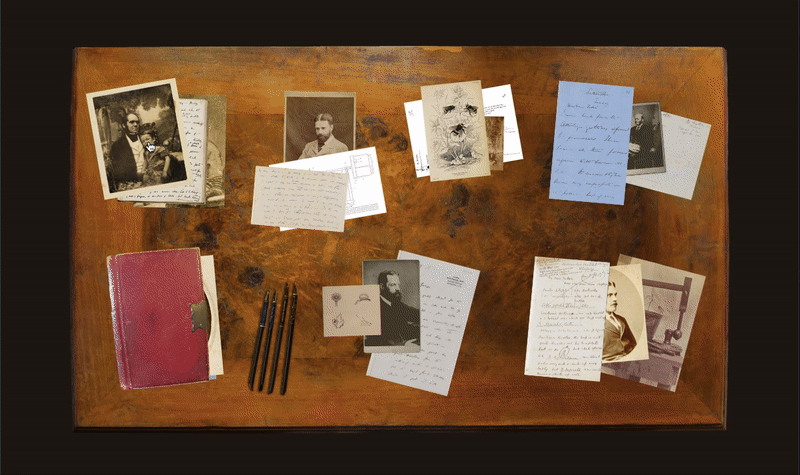For nearly fifty years successive teams of researchers on both sides of the Atlantic have been working to track down all surviving letters written by or to Charles Darwin, research their content, and publish the complete texts. The thirtieth and final print volume, covering the last four months of Darwin's life, will be published in early 2023 and all the letter texts - more than 15000 between 1822 and 1882 - are now published online.
Like a 15000 piece jigsaw puzzle, the letters build up a more detailed picture than we have ever had before of the course of Darwin's life and development of his thought. Like any jigsaw, adding a new piece can alter what we see: the final volume and this online release also contains 400 letters which have come to light, or been reinterpreted in just the last 6 years. Those 400 letters flesh out the whole of Darwin's life from his time on board HMS Beagle, through the research and writing - and re-writing - of On the Origin of Species, to the years immediately before his death. And the process of discovery has not stopped - this website will already contain letters that arrived too late for the last print volume.
Discover more about the final months of Darwin's life in our Life and Letters series, 1882: Nothing too great or too small. See a full list of letters from 1882.
Here is a selection of letters from the final volume:
'My course is nearly run.'
In early 1882, Darwin, who turned 73 in February, was still working on botanical experiments, but his health was failing. He died at home in Down on 19 April. Despite ill health, a range of subjects occupied his mind in his final months: the effects of carbonate of ammonia on chlorophyll and on roots; new varieties of sugar cane; and cross-fertilisation in Solanum rostratum.
'I cannot name a single youngish worker who is not as deeply convinced of the truth of Evolution as I am.'
Darwin was by now confident that belief in evolution was established in science, even though he modestly doubted that the mechanism of natural selection was so widely supported. The above quotation comes from his response to a review of his latest book, The formation of vegetable mould through the actions of worms, which was still selling well and generating a large number of reviews-and a mass of personal correspondence.
'I have felt better today than for 3 weeks & have had as yet no pain.'
Darwin wrote this to Thomas Henry Huxley at the end of March. Huxley had evidently heard of Darwin's ill health from Darwin's son Francis and was seriously alarmed. In his letters Darwin gave little sign of his suffering, which can, however, be traced in the correspondence of other members of the family and in diary entries.
'I cannot realize what life will be without him but I do feel through it all that with my children it is worth having.'
Emma Darwin wrote the news of Darwin's death to Joseph Dalton Hooker, Darwin's greatest friend outside the family, on 20 April: this letter concludes the correspondence for 1882. The family had expected Darwin to be buried in Down, but within days, his scientific colleagues had taken steps to have him buried in Westminster Abbey.




